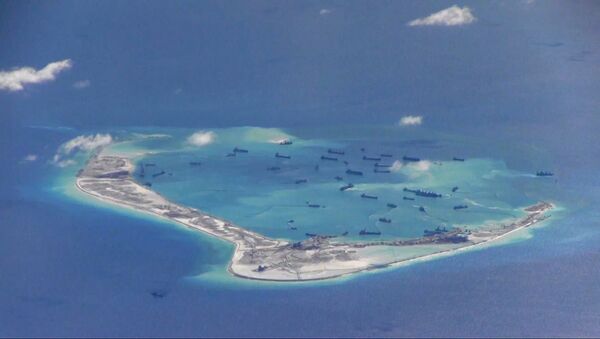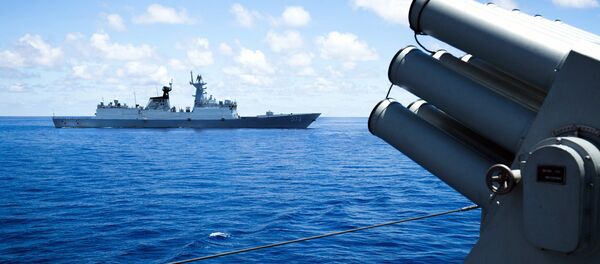The Hague tribunal found no legal basis for China to claim historic rights to resources within nine-dash line.
"The Tribunal concluded that there was no legal basis for China to claim historic rights within the sea areas falling within the 'nine-dash line'," the Hague-based Permanent Court of Arbitration said in a statement.
"Accordingly, the Tribunal concluded that, to the extent China had historic rights to resources in the waters of the South China Sea, such rights were extinguished to the extent they were incompatible with the exclusive economic zones provided for in the Convention," the court said.
The court also ruled that China violated sovereign rights of the Philippines in the country’s exclusive economic zone and created serious risk of collision and danger to Philippine ships in the South China Sea.
"The Tribunal found that Chinese law enforcement vessels had repeatedly approached the Philippine vessels at high speed and sought to cross ahead of them at close distances, creating serious risk of collision and danger to Philippine ships and personnel," the press release said.
The court also added that China caused severe harm to Spratly Islands coral reef environment.
The Philippines welcomed the Hague tribunal ruling over south China sea, Foreign Secretary Perfecto Yasay.
"The Philippines welcomes the issuance today… on the arbitration proceedings initiated by the Philippines with regard to the South China Sea," Yasay told reporters minutes after the court in The Hague released its verdict.
Chinese state news agency Zinhua reported that China 'does not accept and does not recognise' the Hague tribunal ruling.
A number of disputed islands, including the Paracel Islands and the Spratly Islands, are located in the South China Sea. Beijing’s territorial claims to the Spratly Islands, known as Nansha Islands in China, which are believed to be rich in oil and gas reserves, run against those of the Philippines, Taiwan, Malaysia, Brunei and Vietnam.


